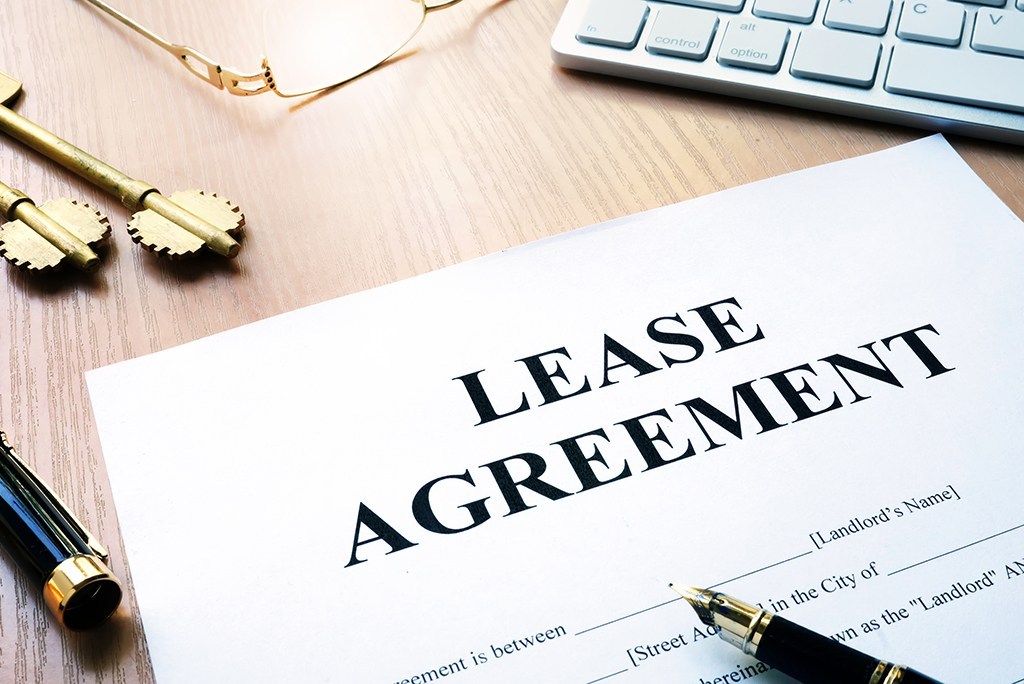SB 1103 Signed into Law: How Your Advocacy Helped Minimize Its Impact

Update:
Senate Bill 1103 has been signed into law by Governor Newsom. While this outcome is not what we hoped for, our collective advocacy efforts made a difference.
SB 1103 now applies only to "qualified tenants," specifically microenterprises, restaurants with fewer than 10 employees, and nonprofits with fewer than 20 employees.
Originally, the bill also included broader restrictions on security deposits and applied translation requirements to all foreign languages for any tenant. Now, the translation rule is limited to a specific list of languages and only applies to certain qualified tenants, significantly lessening the law's impact.
We are very thankful to our BOMA/GLA members that used our action center to contact their legislators to express their concerns and to BOMA Cal for their fierce lobbying efforts.
Senate Bill 1103 is a new law proposal that changes how commercial leases work in California. It aims to protect small business tenants but creates new problems for property owners that may negatively impact small business tenants.
The bill disrupts the current CAM process and imposes strict lease translation requirements for qualified tenants.
Key Points of SB 1103
- Translation Requirements: Landlords must translate leases if tenants ask, which adds extra work and legal risks. Initial cost estimates indicate this would start at around $10,000. Plus, it would add operational liability for property managers executing lease terms.
- Cost Limits: The bill prohibits landlords from altering the method or formula used to allocate building operating costs in a way that increases the tenant’s share of those costs during the tenancy. That means unexpected increases in taxes or utilities for the property could not be passed on. This could make it more expensive for landlords, especially with older or larger properties. And would likely drive property owners to charge higher base rents.
- More Paperwork: The bill requires landlords to provide detailed, itemized, and dated documentation of building operating costs within 30 days of a tenant's written request. This requirement is administratively burdensome and costly, especially for small property owners who may lack the resources to maintain extensive records.
- Legal and Financial Risks: These new rules might make landlords hesitant to rent to small businesses because of the added risks. They will negatively impact communities seeking mom-and-pop businesses and instead make major franchises more attractive to landlords.
The bill assumes an adversarial relationship between tenant and landlord, when we know that relationship is meant to be a business relationship where each side can negotiate what they want and need to be successful together.
You can read the full language of the measure here.
Why This Matters for Property Managers and Service Providers
This bill's impact extends beyond a property owner's or business's bottom line. It impacts daily work!
- More Work: Property managers must do more paperwork, leaving less time for managing properties.
- Higher Costs: Landlords may face higher costs because they can't pass on as many expenses to tenants, affecting budgets and maintenance.
- Strained Relationships: As landlords face higher costs and administrative burdens, they might become less flexible or more cautious in their dealings with tenants, potentially creating tension and reducing collaboration between the two parties. Property managers would be on the frontlines of those conversations.
- Contract Changes: Service providers might need to adjust contracts to meet the new rules, which could add complexity and risks.
SB 1103 could complicate managing properties and services, requiring more focus on legal and financial details.
While this bill has the best intentions, it will harm the businesses it aims to protect.

